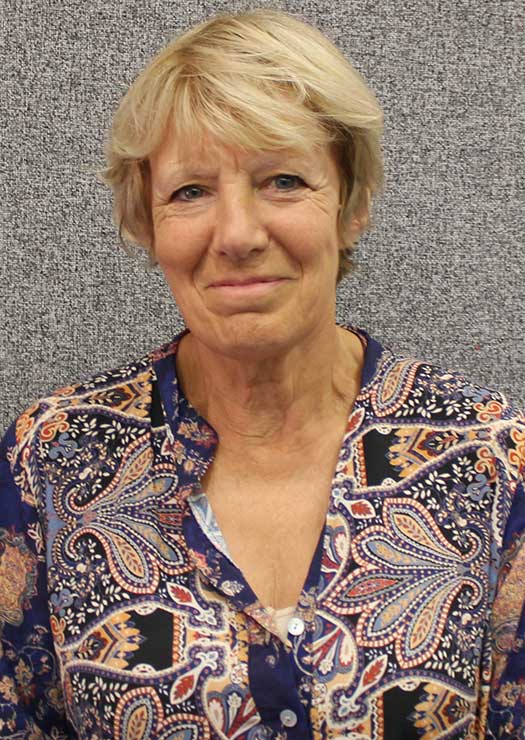The Safeguarding Adults Executive Board (SAEB) is a multi-agency partnership made up of senior representatives from a range of organisations, which provide leadership and strategic oversight of adult safeguarding work across the Bi-borough.
The Chair of the SAEB is Aileen Buckton. Aileen was appointed by the Bi-borough in consultation with the other statutory Safeguarding Adults Board (SAB) members to ensure the Board’s work is prioritised and the business plans are agreed and acted upon. The role of the Chair enables the work of the SAEB to be implemented through negotiation, challenge and motivation, ensuring that all relevant partners recognise the safeguarding of adults as a key priority in their strategic development, policy formulation and operational performance.
The Care Act sets out that all Local Authorities must establish a SAB including core membership from the Local Authority, the NHS Integrated Care Board (ICB) and the Police.
In addition other partner agencies are involved in the work of SABs to enable it to fulfil its responsibilities and duties and reflect that safeguarding interventions can only be effective where there is collaboration and shared commitment.

Aileen Buckton
Independent Chair
Safeguarding Adults Executive Board